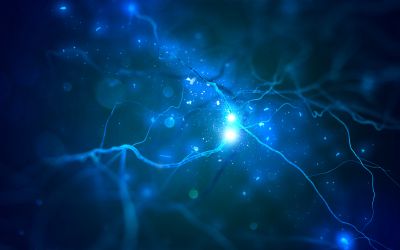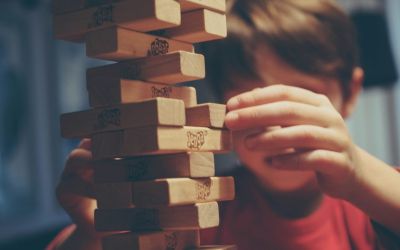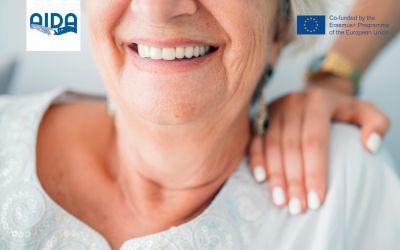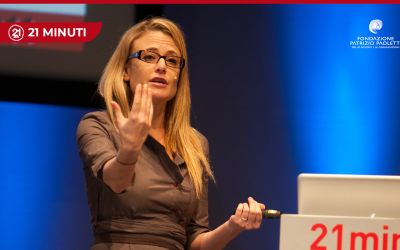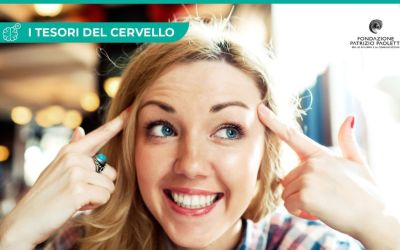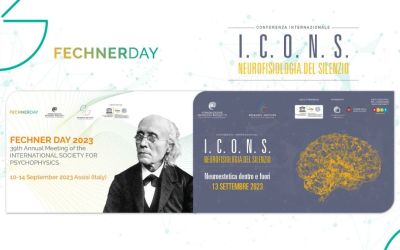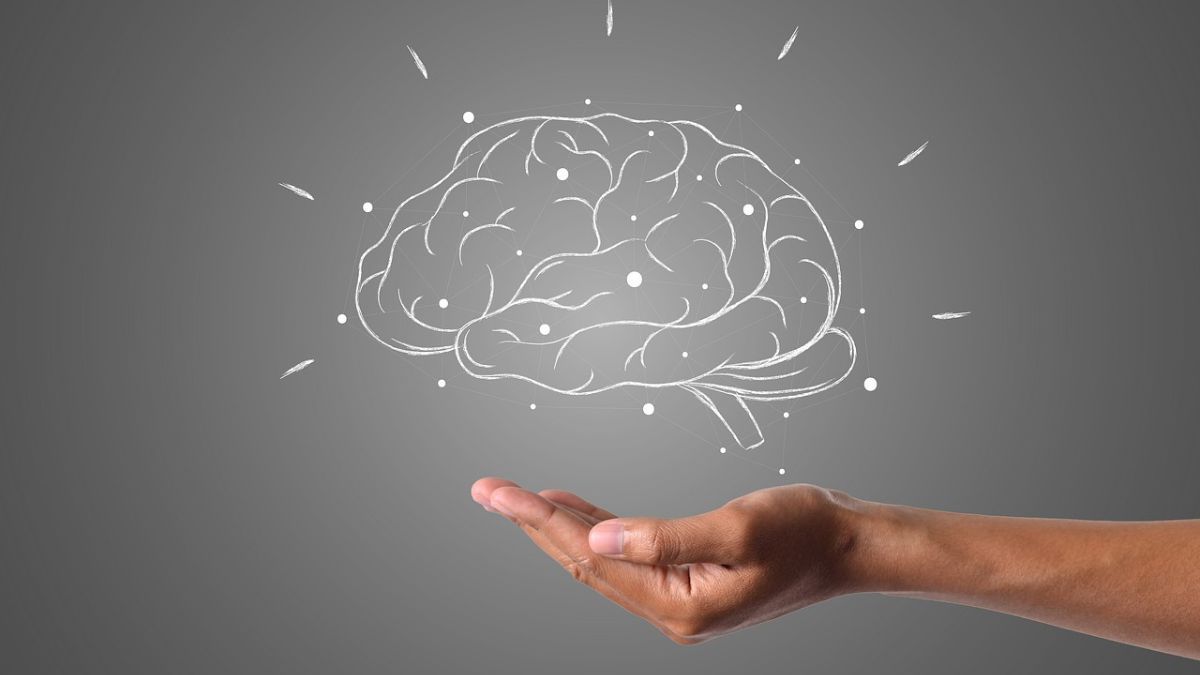
Protecting the brain. What strategies?
Integration and interdisciplinarity for the protection of cognitive health
Understanding the brain has been a complex and fascinating challenge for humans for centuries. Over time, it has been recognized as the seat of the rational part of the soul, thought, higher psychic functions, or the unconscious. Amidst complexity and fragility, the brain is at the center of the most advanced neuro-psychopedagogical research, to protect and improve global healthWhat is the definition of health proposed by the WHO in 1948... More through the integration of skills and interdisciplinarity. In this way, science meets other innovative horizons, including technological and artistic ones.
Man and brain: a complex historical combination
During Greek classical antiquity, the brain was conceived as the seat of thought, while intelligence and affectivity resided in the heart. Aristotle, a proponent of cardiocentrism, believed that the heart was the seat of the soul and that human vital energy originated from it. According to the Roman doctor Galen, however, the brain hosted the rational part of the soul and was the seat of higher psychic functions. Much later, in the seventeenth century, an important change occurred with Descartes, who argued that mind (or soul) and body were two elements that could interact within the pineal gland, giving rise to the individual in their specificity. Today, the brain continues to be mysterious and complex, the seat of our unconscious thoughts and emotions.
BRAIN PLASTICITY A new vision of the brain
Fill out the form
"*" indicates required fields
and watch the video now
The brain as an ecosystem: potential and critical aspects of this extraordinary organ
The brain is an extraordinarily complex organ. It contains about 86 billion cells, divided into 10,000 different types, the result of millions of years of evolution. The electrical impulses and chemical signals activated by the brain in one day are satisfied by 20% of the energy the body stores from food. Due to this intrinsic complexity, the brain is also fragile and needs to be protected from various threats. Diseases connected to brain malfunction or cognitive abilities are numerous and very insidious. Half of the Italian population is affected by neurodegenerative diseases. Worldwide, these diseases are the second leading cause of death, according to a study published in Lancet in 2020. The Italian National Institute of Health notes that in Italy over 1 million people live with forms of dementia, 600,000 of whom suffer from Alzheimer’s.The statistical data on potential precursors of neurodegenerative disorders are no less worrying. Another 6 million suffer from migraines, according to the Italian Society for the Study of Headaches. 12 million people have sleep disorders, as reported by the Italian Association of Sleep Medicine. These data show that it is necessary to prevent and listen to the signals of the body. Research in the field has greatly evolved, to the point of indicating the presence of markers that signal the onset of particular diseases. At the same time, many strategies are undertaken nationally and internationally to curb the advance of these chronic diseases. A healthy lifestyle is essential, which, according to a recent article in BMJ Evidence Based Medicine, can also modulate genetic and hereditary predispositions by 62%, which would otherwise risk shortening life.
The virtues of the brain to develop quality education: how the Patrizio Paoletti Foundation operates
Since its inception, the Patrizio Paoletti Foundation has placed the protection and enhancement of the brain as key elements of its mission. Thanks to the Neuroscience Department of its RINED Research Institute, the Foundation conducts studies in the psychopedagogical and neuroscientific fields to improve people’s lives. The research aims to promote cognitive and psychophysical well-being through the development of a modern training system and quality education. By studying the brain, RINED identifies new theoretical and practical knowledge models in collaboration with numerous national and international partners. Among the many initiatives related to brain protection, the Patrizio Paoletti Foundation leads AIDA (Alzheimer patients Interaction through Digital and Arts).This innovative Erasmus+ project focuses on developing methodologies aimed at improving the condition of individuals affected by Alzheimer’s, through the enjoyment of works of art and the centrality of beauty. AIDA integrates advances in museum and art therapy, clinical experience, and digital programs. The goal is to help improve the quality of life and social relationships of Alzheimer’s patients. The AIDA project has tested the beneficial properties of the created procedures on Alzheimer’s patients in various countries involved in the project.
Here you can find the video of the presentation by Ilaria Barborini and Michele Pellegrino at ICONS 2023.
- Buscema, M. (2022). Valutazione multimodale della propagazione patologica nella malattia di Alzheimer: uno studio longitudinale con marcatori liquorali e di Risonanza Magnetica.
- Feigin, V. L., Vos, T., Nichols, E., Owolabi, M. O., Carroll, W. M., Dichgans, M., … & Murray, C. (2020). The global burden of neurological disorders: translating evidence into policy. The Lancet Neurology, 19(3), 255-265.
- Mollenhauer, B., Caspell-Garcia, C. J., Coffey, C. S., Taylor, P., Shaw, L. M., Trojanowski, J. Q., … & Parkinson’s Progression Marker Initiative. (2017). Longitudinal CSF biomarkers in patients with early Parkinson disease and healthy controls. Neurology, 89(19), 1959-1969.
- Associazione Italiana di Medicina del Sonno e Società Italiana di Neurologia https://www.neuro.it/web/lib/Download.cfm?dirdownload=e%3A%5Ctesisquare%5Cprogetti%5Cnephromeet%5Cdatasite%5CDocs%5CBIBLIONEU%5CATT%5C&filename=409%5FGiornataSonno2024%5Fcomunicatostampa%2Epdf&filesavename=Giornata%20Sonno%202024%5Fcomunicato%20stampa%2Epdf&typeattach=inline
- BMJ Evidence Based Medicine https://bmjgroup.com/healthy-lifestyle-may-offset-effects-of-life-shortening-genes-by-60/
- World Federation of Neurology https://wfneurology.org/activities/news-events/archived-news/2023-10-16-wcn
- WHO https://www.who.int/news/item/20-07-2023-new-global-action-plan-on-epilepsy-and-other-neurological-disorders-published#:~:text=Neurological%20disorders%20are%20the%20leading,9%20million%20deaths%20a%20year.
- Istituto Superiore di Sanità https://www.iss.it/news/-/asset_publisher/gJ3hFqMQsykM/content/id/5844710
- Società Italiana per lo Studio delle Cefalee https://www.sisc.it/upload/Manifesto%20diritti%20cefalee%20-%20Italian%20Migraine%20Project-1416927220050-2141.pdf
- Photo by hainguyenrp from Pixabay.
Be part of the change. Responsibly sharing content is an act of sustainability.
Let's train emotional intelligence: what emotion does this article arouse in you?

